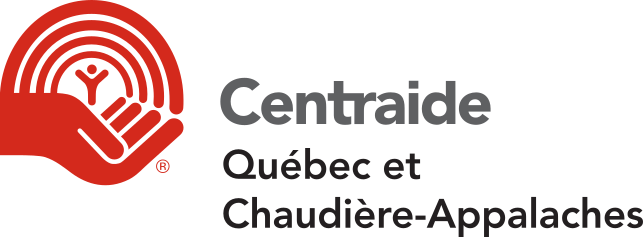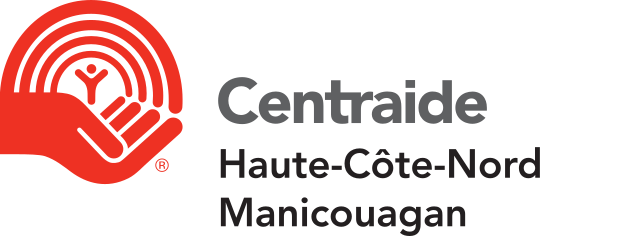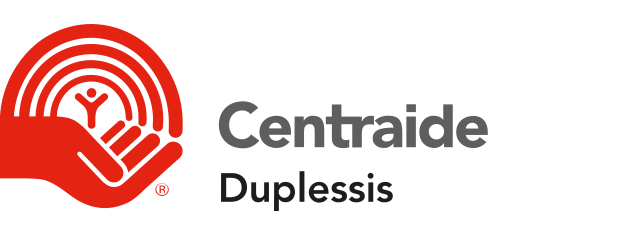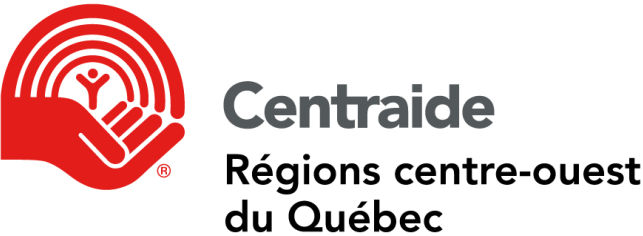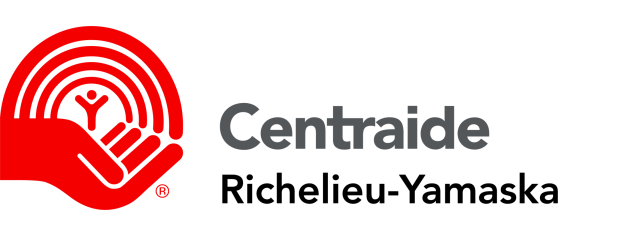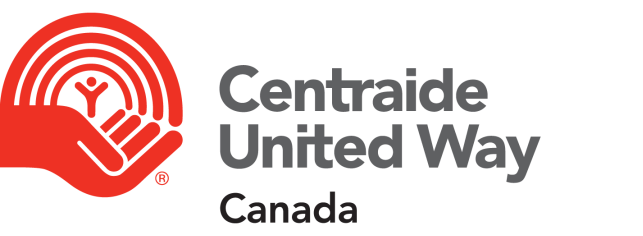[ Browse by Service Category : Specialized Treatment and Prevention : Sub-Topics of Condition Specific Treatment (14) ]
Incontinence Management Programs
Programs that provide comprehensive preventive, diagnostic and treatment or management services for individuals of all ages who are troubled by total or partial loss of bowel or bladder control. Services may include a complete work-up to determine the cause of the individual's incontinence; selection of a treatment option which may involve pelvic floor exercises, drug therapy or surgical intervention; development of an incontinence management routine should the condition be only partially remediable; and information and support for family members and other caregivers who may need to deal with practical health issues such as skin care, dehydration and prevention of bed sores.
Sexual Assault Treatment
Programs that provide specialized medical care for adults and/or children who have been sexually assaulted. Treatment includes an examination for internal and external injuries, collection of physical evidence of the assault, and preventive care and/or treatment in case of venereal disease or pregnancy. Treatment is generally confidential and physical evidence of the assault is not shared with investigating authorities without the consent of the patient. Services are often provided by emergency room staff at a hospital or other health care facility and may include other crisis advocates/representatives.
Diabetes Management Clinics
Programs that help people of all ages who have juvenile or adult diabetes understand and manage their illness. Services may include screening programs for early identification of the condition and associated complications; establishment of a treatment regimen; patient education; and self-management skills development assistance which may focus on use of insulin and drugs to control blood sugar levels, blood glucose monitoring, dietary management in different environments (at home, at work, in school, while dining out), menu planning, the role of exercise in relation to food intake, hygienic measures such as foot care and ways to reduce the likelihood of diabetes-related complications which may include heart disease, kidney failure, amputation, nerve damage and blindness. Included are programs that provide comprehensive preventive, diagnostic and treatment services on an inpatient or outpatient basis as well as less formal programs that emphasize education and may provide any combination of supportive services such as case management, assistance in obtaining needed products and services, and assistance in following the prescribed treatment regimen. Diabetes is a chronic, incurable disease in which the pancreas fails to produce enough insulin to allow the body to adequately metabolize sugar.
The above terms and definitions are part of the Taxonomy of Human Services, used here by permission of INFO LINE of Los Angeles.

